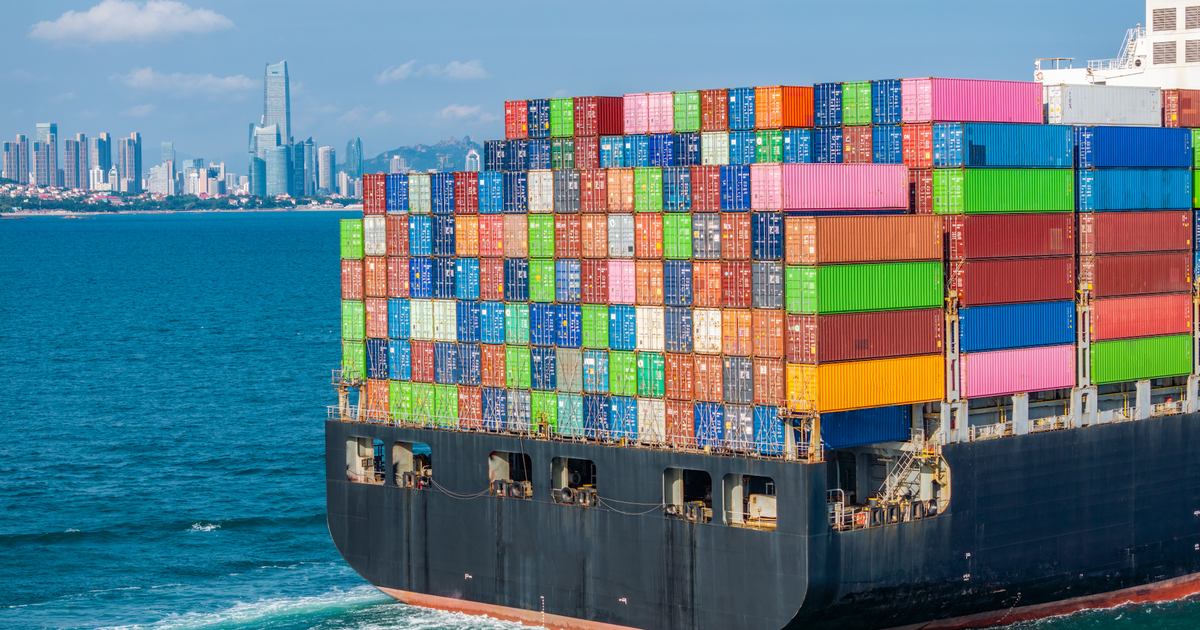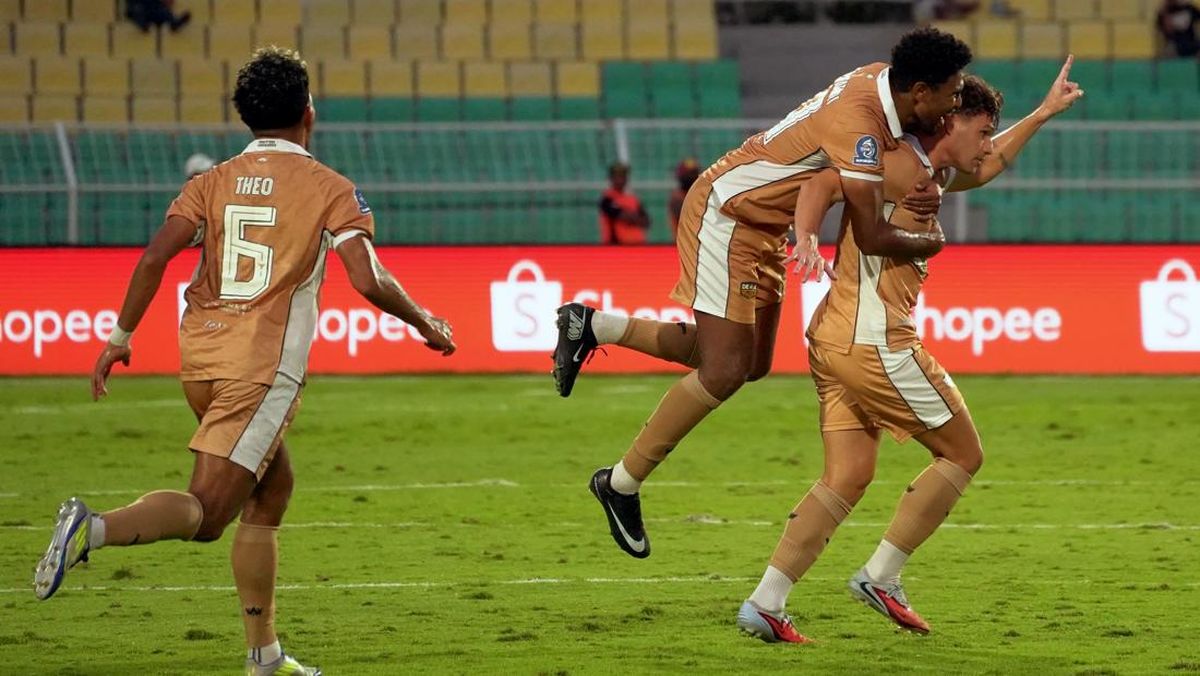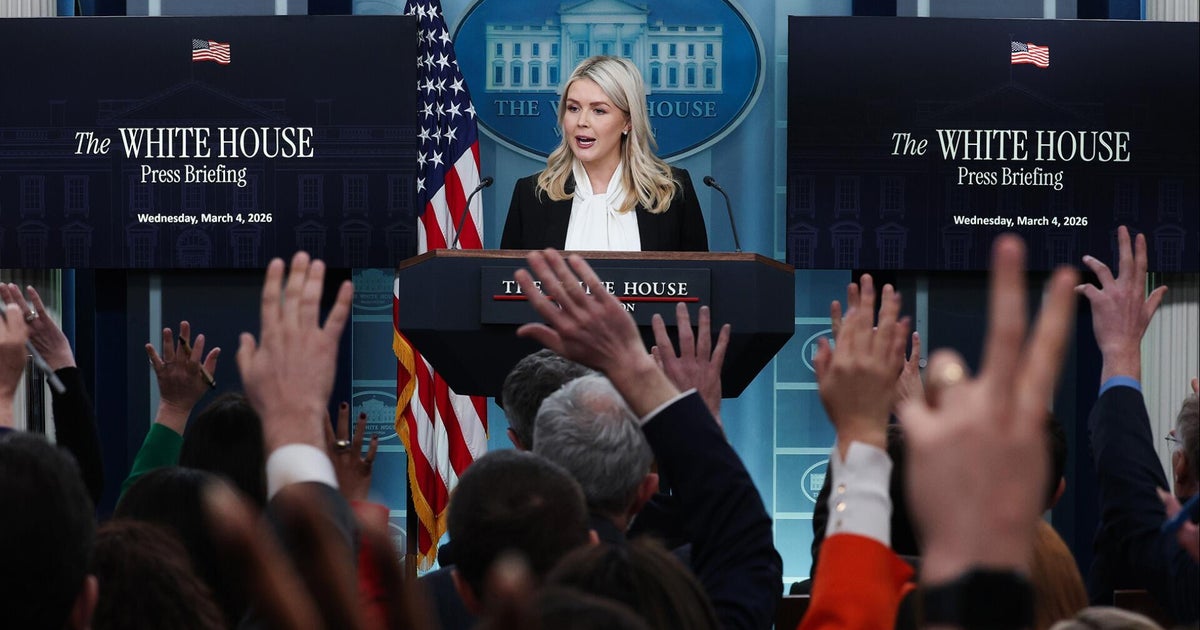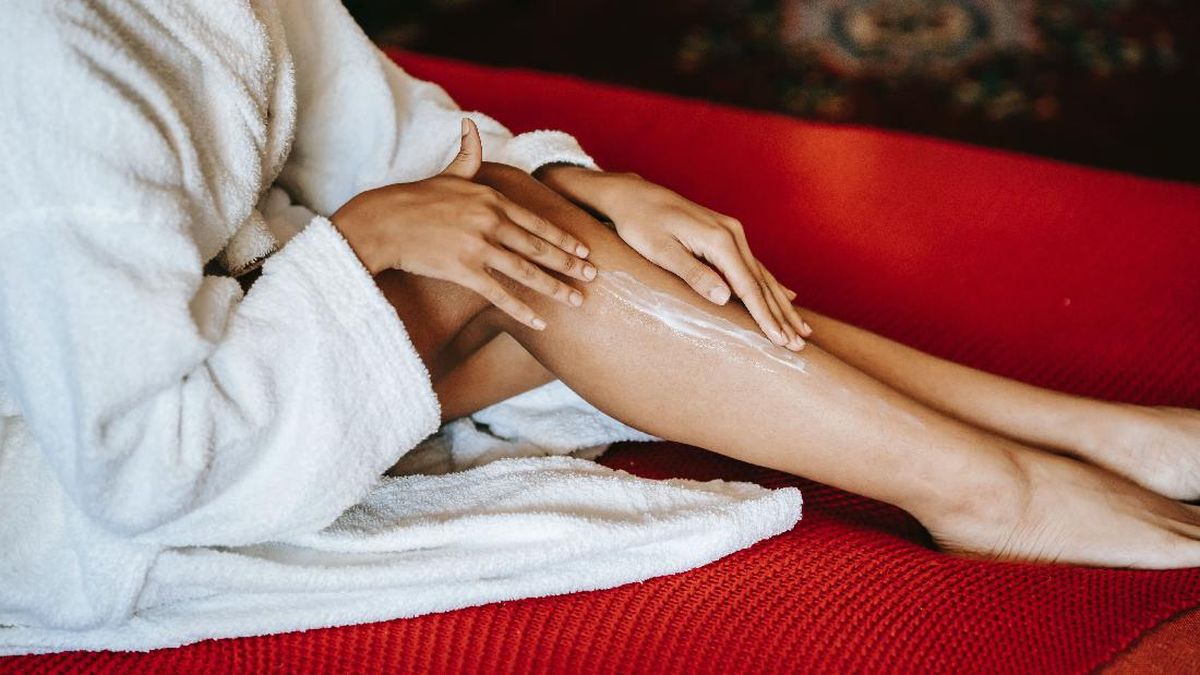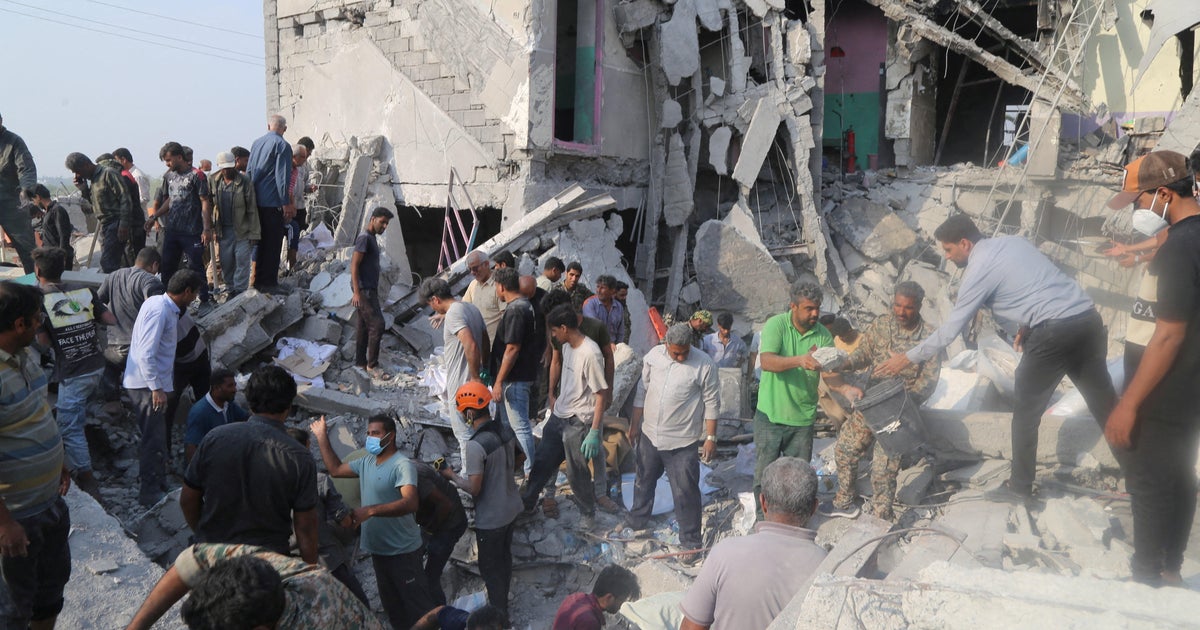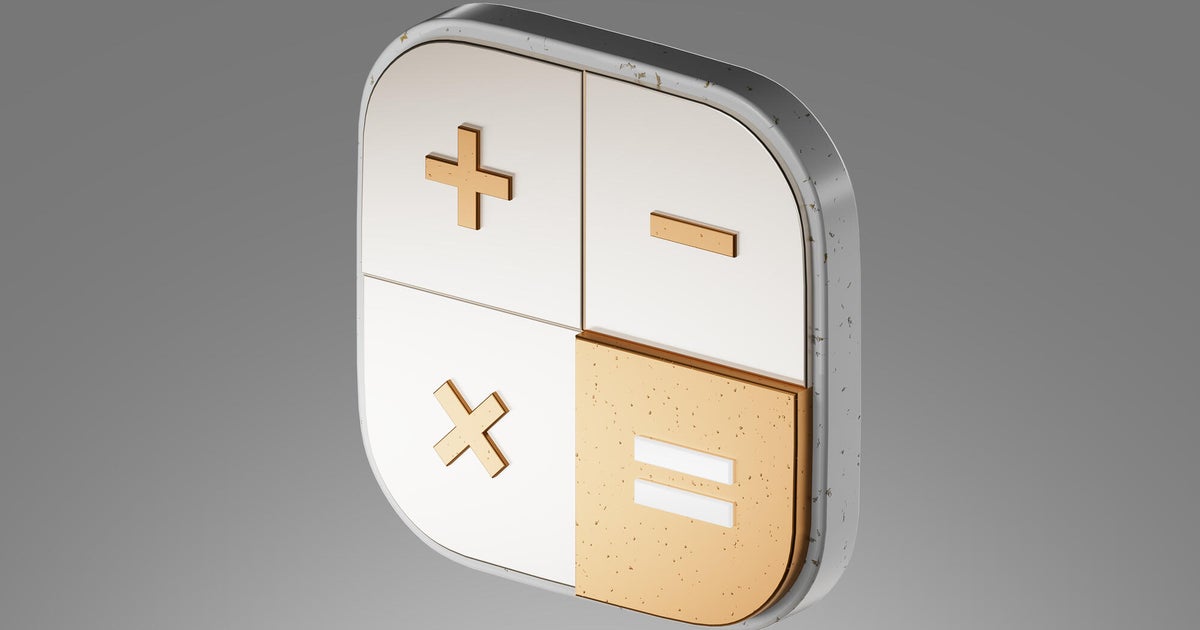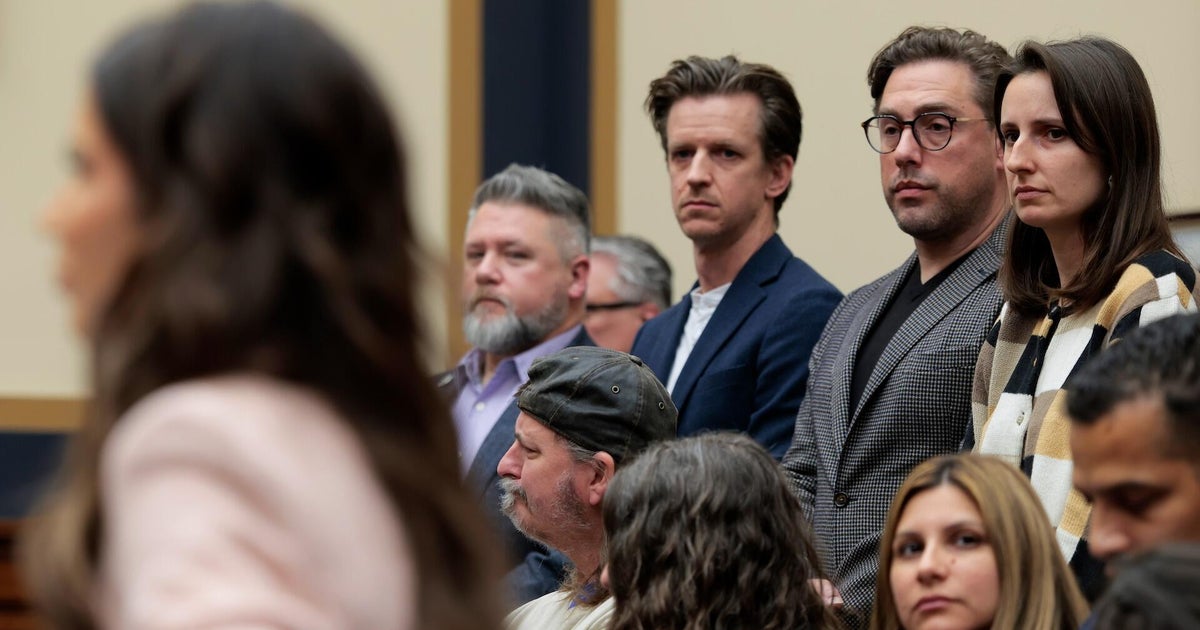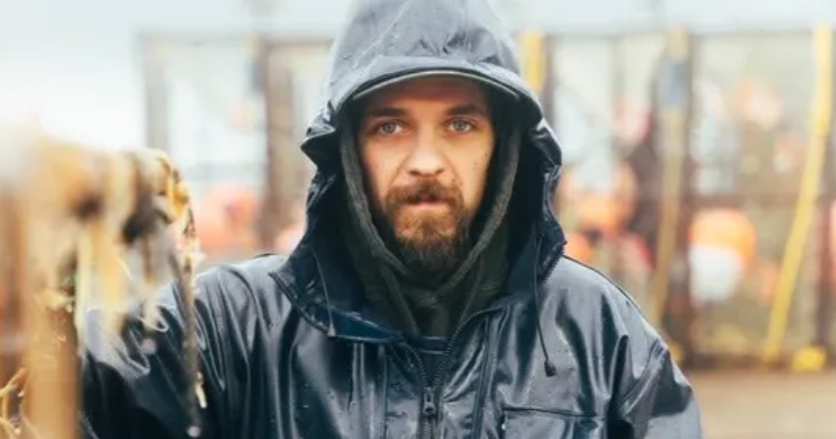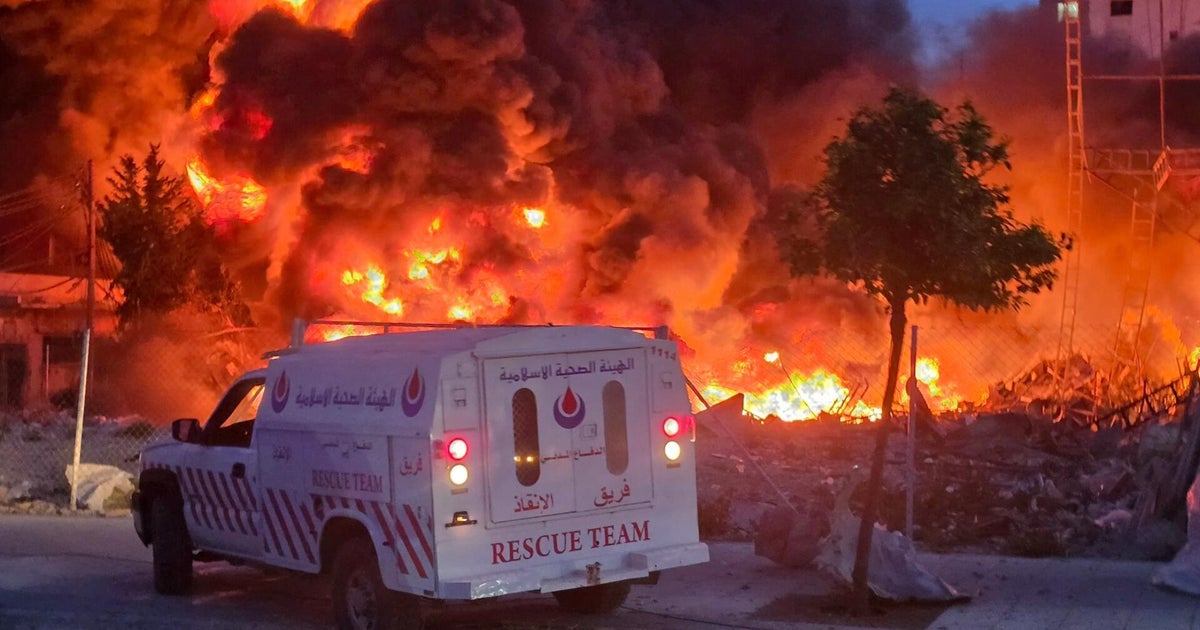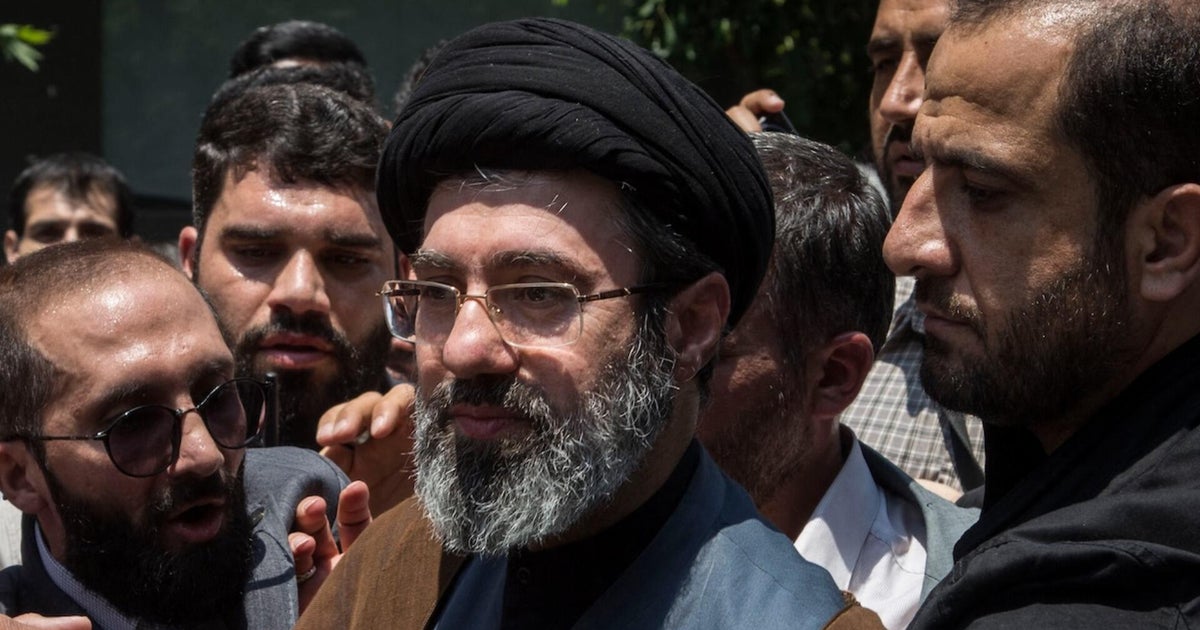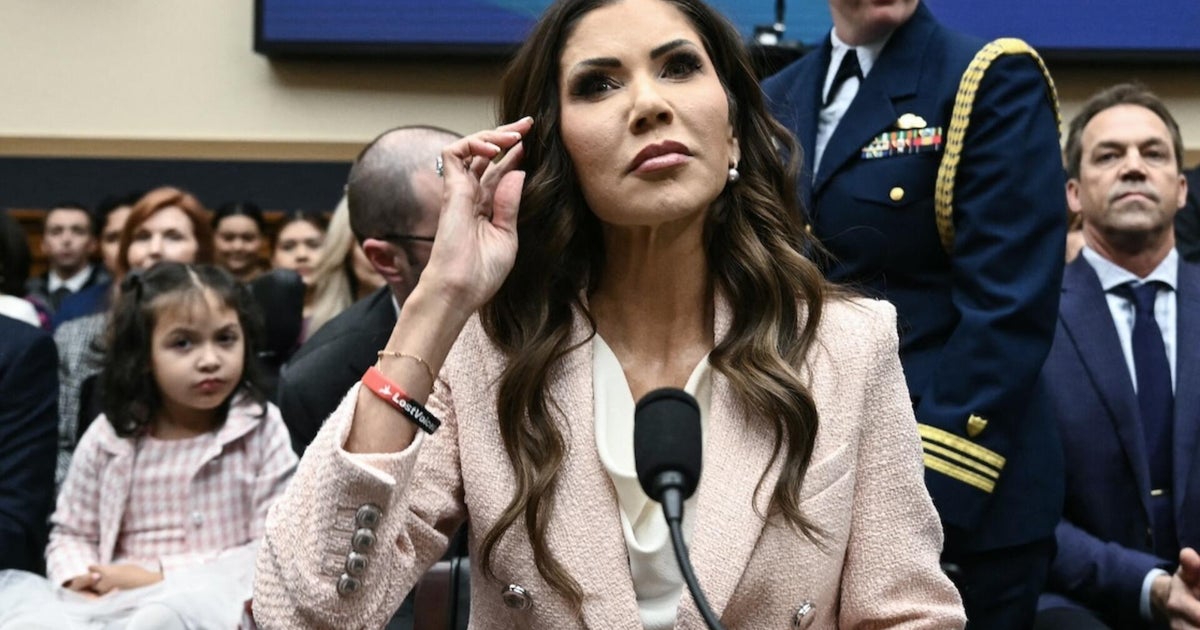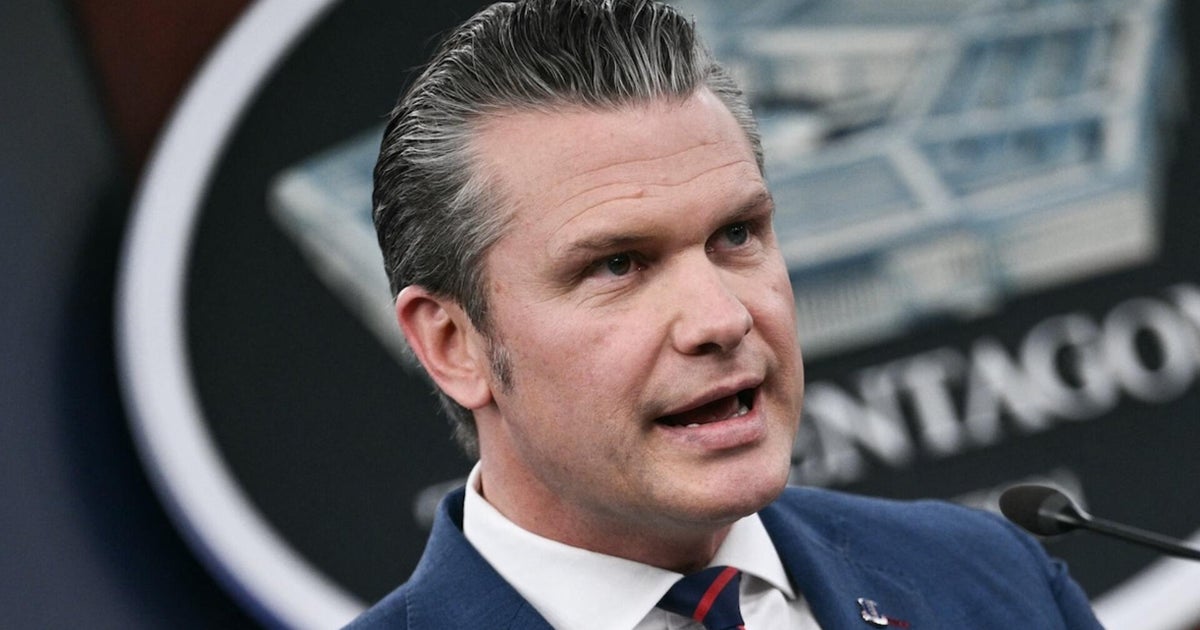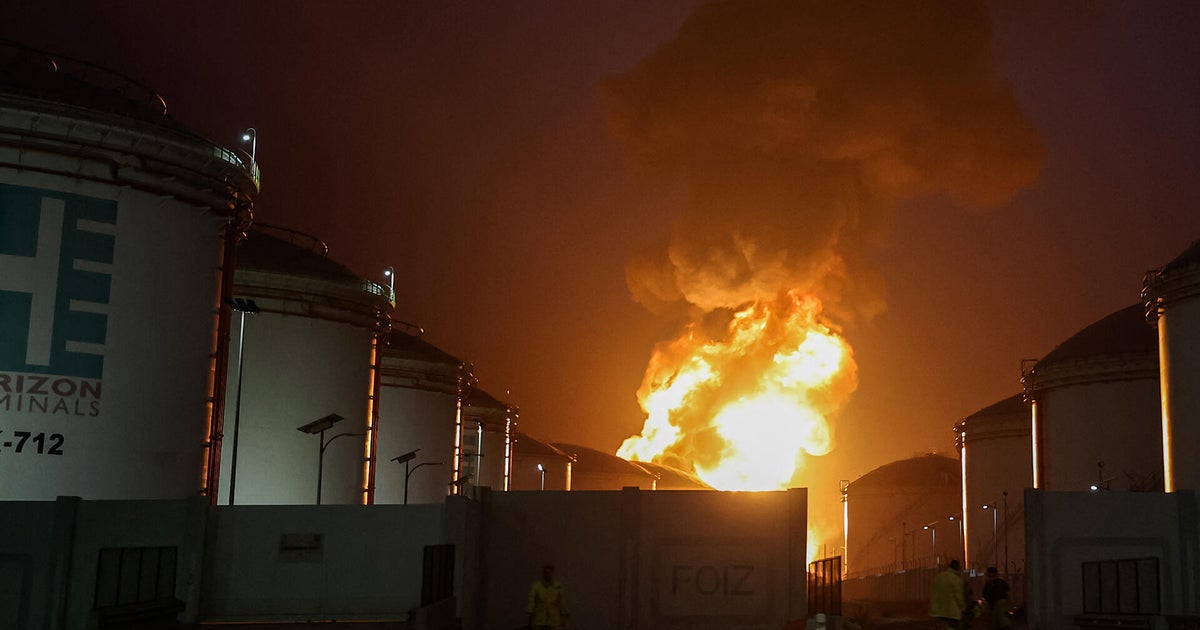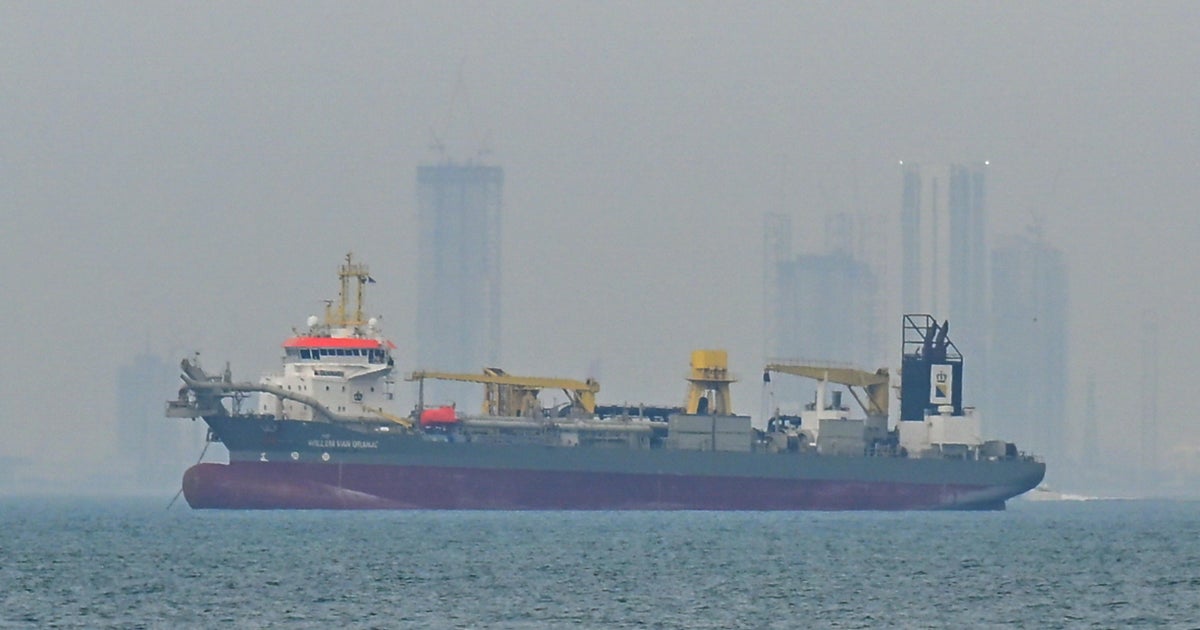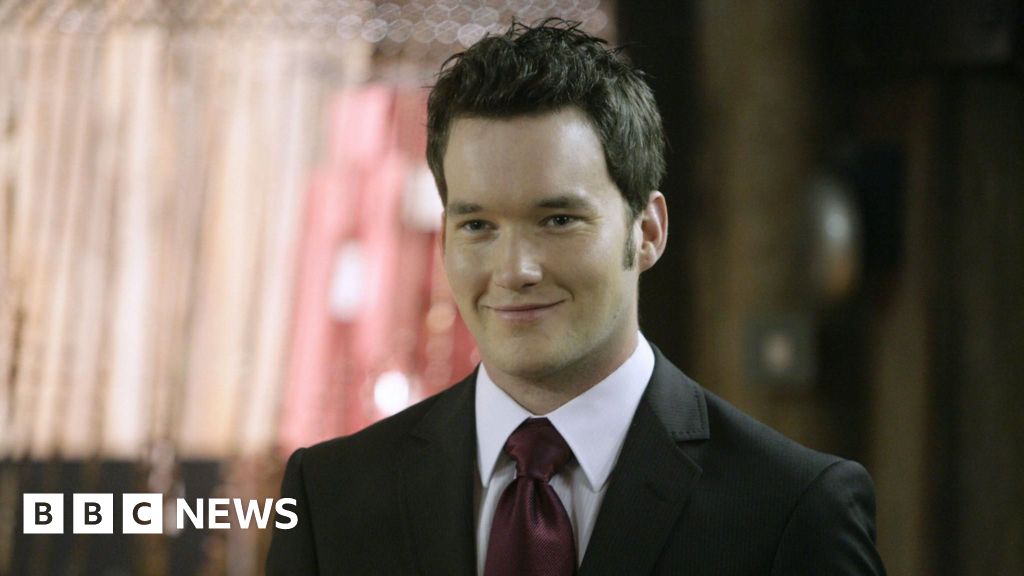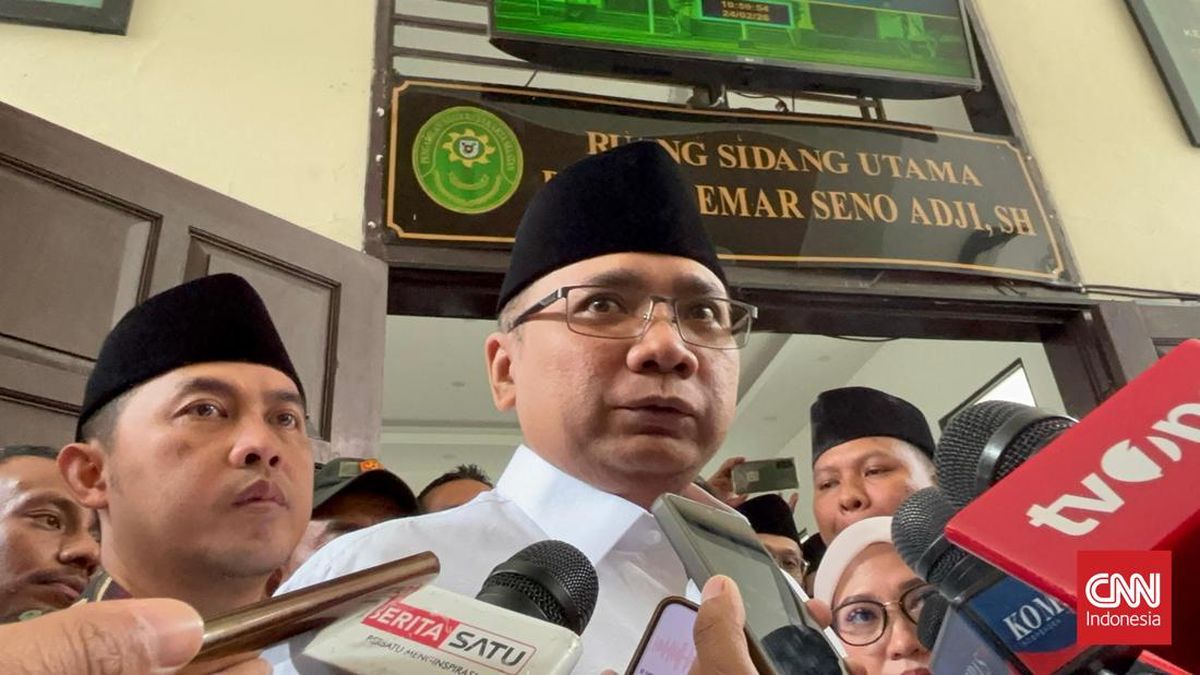“Take care,” the radiographer says as I leave the MRI room.
After enough medical imaging, you learn the codes. “Take care” doesn’t mean, “Have a nice day.” It means, “You’re going to need all the care you can get.”
Two years earlier, I was diagnosed with breast cancer. I did the rounds: scans, lumpectomy, a margin clean-up, radiation. Eventually, I was declared all-clear. The scars, the tablets, the follow-up appointments, they were my constant reminders. I was lucky. Still, feeling lucky has a way of dulling. I’d grown almost casual about cancer.

The author at Maligne Lake in Jasper National Park, Canada, not long after her ordeal was over.
Then came the pins and needles in my back. Small at first, then persistent. Doctor Google, that great alarmist, offered a name: paresthesia. Possible cause: metastatic breast cancer in the spine. But it could also just be a pinched nerve. I made an appointment anyway. My GP sent me straight for an MRI.
Two days later, the call came: “The doctor would like you to come in to discuss your results.” We all know what that means. “It’s not good news,” the GP said, redundantly. Two lesions on my spine. Maybe benign hemangiomas, maybe not. Given my history, the balance tilted heavily toward not. I was referred to Melbourne’s Peter MacCallum Cancer Centre.
That night, I scrolled through reputable cancer sites. That’s how I saw the sentence I couldn’t unsee: if breast cancer metastasises to the spine, it is incurable. Had my treating team chosen wrongly the first time around? No chemo. No mastectomy. The questions marched in, uselessly.
Loading
My sister insisted on coming to the oncology appointment. “I’m sorry this is happening to you,” the oncologist began. She confirmed what I already feared. If this was metastatic disease, it was incurable – but controllable. A chronic illness now, not a battle to be won. (I didn’t like the notion of “battle with cancer”, anyway. I’d always said I needed to work with it, listen to it and heal it. I thought the approach had worked.) Chemo was off the table; the aim was quality of life. Prognosis: five years. Maybe more.
My sister’s breath caught beside me. I stayed astonishingly calm, those around me would say. “But there’s still a chance it isn’t cancer?” I asked brightly. The oncologist didn’t answer, only smiled with a gentleness that told me all I needed to know. A PET scan, bloods, a likely biopsy. More data. More waiting.
On the drive home, David Bowie’s Five Years came to me. Five years, that’s all we’ve got … I sang it loudly, for comic effect. Humour has always been my family’s pressure valve. This time, my sister stared at me, aghast.
At the PET scan, I searched the technician’s face for clues. Nothing. But already, something in me was shifting. I’d done the treatments, swallowed the pills, ticked every box, and still the cancer had returned – or so it seemed. Perhaps this was fate. Terrible, yes, but also magnificent in its clarity. How many people know how their story ends?
I thought about my life. Gen X, just. Single, no kids, but full of stories, friends, family and George Harrison – my Cavalier King Charles Spaniel. I felt the sharp sadness that he might outlast me. And then the tenderness of gratitude, that I get to love him at all.
“It’s good news,” she said quickly. “You don’t have cancer.” A multidisciplinary team had combed the scans. The lesions were not malignant. My cancer had not returned.
JULIETTA JAMESONI made a decision: I could dive into despair or I could count my earthly blessings. It was as simple as that, and as profound as that, too. As soon as I did, I felt lighter than I had in a long time.
I’ve always been a stop-and-smell-the-roses kind of person. Now I stopped more often. Even the mundane – the smell of fresh washing, the dog’s snoring – seemed like something to savour.
Loading
Even though I wasn’t afraid of dying, I had other fears. I was afraid of being a burden. I was afraid of losing my earning capacity. I began preparing. A no-frills cremation, prepaid in instalments. A catalogue of my treasures: the op-shop finds, the eBay scores, the vintage-market gems. My superpower has always been finding treasure in trash. I wanted to leave it neat, curated, ready for someone else to discover.
Then my blood results arrived. I Googled every marker voraciously. All normal. And I hadn’t been called back urgently after the PET. Could that mean … ? Still, dread filled me as my sister and I finally sat across from the oncologist again for the official word. This. Was. It. “It’s good news,” she said quickly. “You don’t have cancer.” A multidisciplinary team had combed the scans. The lesions were not malignant. My cancer had not returned.
In the car park, my sister danced. I laughed, stunned. Then I drove home, as if the episode had never happened.
When I finally posted about it on Facebook, the reactions ranged from joy to outrage. Some friends were furious I’d been put through such an ordeal. But I couldn’t be angry. When a cancer patient shows up with suspicious lesions, doctors assume the worst; they were just doing their job.
What I felt, more than anything, was gratitude. For the people who walked beside me. For the glimpse into who I am when pressed against mortality.
I’ve realised my superpower isn’t just spotting a vintage treasure among junk-shop shelves. It’s my whole approach to life. To keep searching, even when the pile looks hopeless. To trust there’s something worth finding.
When my time finally comes, may my epitaph read: “She found the treasure amid the trash.”
Get the best of Sunday Life magazine delivered to your inbox every Sunday morning. Sign up here for our free newsletter.
Most Viewed in Lifestyle
Loading

